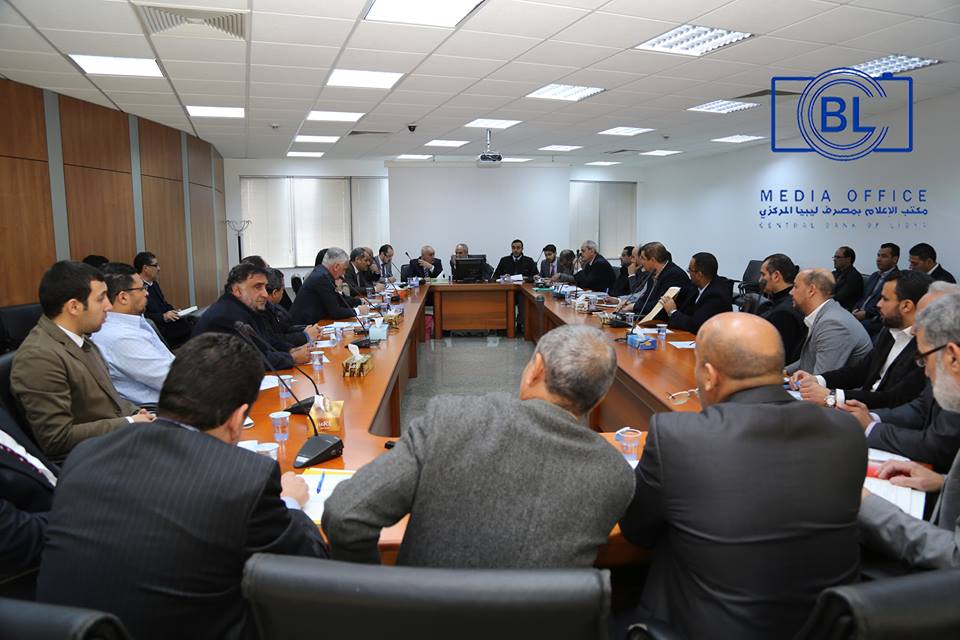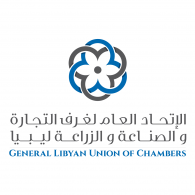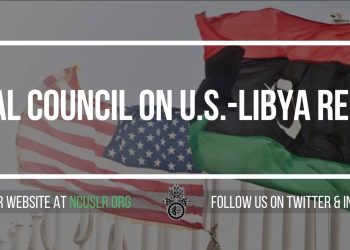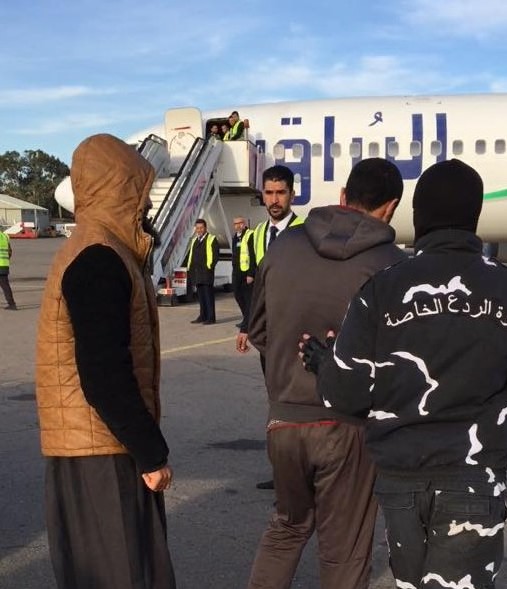By Sami Zaptia.
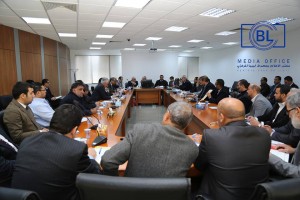
London, 10 February 2016:
The Central Bank of Libya (CBL) met with various business members and relevant organizations yesterday at . . .[restrict]its offices to explain and discuss the new restrictions it has imposed on the opening of Documentary Letters of Credit (LCs) dated 7 February and published 12 February.
The new regulations demanded credit checks on Libyans, holding LC deposits for longer periods, proof of goods entering Libya, proof of payment of taxes, customs and bank fees, conditions on correspondent banks, conditions on foreign exporters/exporting companies to Libya and the use of international inspection companies.
There was much debate, sometimes animated, at the CBL meeting businessmen reported to Libya Herald with objections to the severity of the new CBL regulations.
Some businessmen saw them as unworkable and overly onerous leading to a very slow bureaucratic procedure, the shortage of the timely supply of goods and ultimately inflationary prices in the market prices.
Some of the new conditions requested by the CBL were thought to be unenforceable and those on foreign exporting persons or companies unenforceable or even illegal abroad.
There was objection to the stipulation that foreign inspection companies are used, instead of supporting the development and growth of local inspection companies.
The stipulation that international inspection companies are used for goods imported through LCs comes on the back of reports of fake and fraudulent LCs being opened in return for the importation of substandard or bogus goods purely as a means of obtaining hard currency.
In November 2015 the CBL was forced to defend itself against responsibility for import corruption when a huge shipment of substandard rice was detected at Tripoli port.
On 3rd November the Tripoli-based Audit Bureau had partially reversed its mid-October decision of freezing the accounts of 160 individuals and companies for alleged money laundering and customs and tax evasion.
In September 2015 the Tripoli-based government had introduced an import regulation system to unify and control import licences and LCs. In June 2015, the CBL had eased the opening of LCs for manufacturing raw materials.
In May, the Tripoli authorities went as far as imposing an import ban on 32 items through LCs for six months. However, the ban was reversed in June after receiving criticism as inflationary and encouraging black marketeering. [/restrict]


